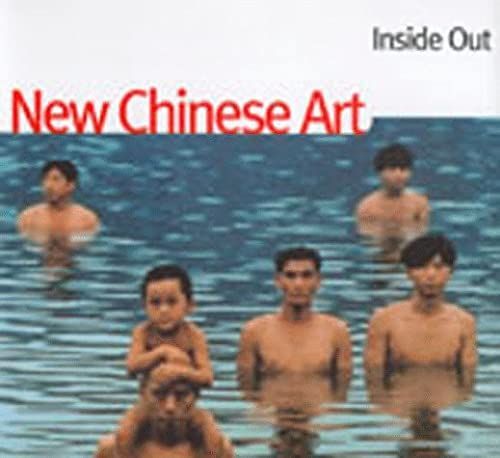
Inside Out New Chinese Art
The late twentieth century has been marked by momentous political, economic, and social change throughout the Chinese world. Deeply rooted cultural assumptions and ancient visual traditions have been challenged by rapid modernization and conflicting global, ethnic, and local identities. Inside/Out: New Chinese Art was the first major international exhibition to explore the impact of these challenges on artists in the People's Republic of China, Hong Kong, Taiwan, and those of the 1980s Diaspora. The multifaceted exhibition and accompanying catalog encompass an extensive range of artistic forms, including installation, video, and performance art as well as more traditional media such as oils and ink. The art is grouped according to themes, some specific to regions and others that reflect widespread and overlapping trends. With the inclusion of ambiguous territories like Hong Kong and Taiwan, the exhibition opens up a perspective of modern Chinese art from the "outside" as well as a looking-out from the "inside." The catalog features essays by eminent Chinese art scholars and curators along with leading curators and historians of Western art. Together they promote Chinese art's rightful place in the contemporary global cultural arena and at the same time acknowledge the influence of its rich heritage. The diversity and freshness of the exhibition reflects the explosion of creativity among Chinese artists during the past decade. The ironic social commentary of Li Shan's The Rouge Series, no. 24, the "apartment art" of artists reacting against the traditional patronage of large museums and corporations, and Wang Jin's sly humor in portraying consumer fetishes in today's China are a few examples of the spirited artistry awaiting the viewers of Inside/Out. The late twentieth century has been marked by momentous political, economic, and social change throughout the Chinese world. Deeply rooted cultural assumptions and ancient visual traditions have been challenged by rapid modernization and conflicting global, ethnic, and local identities. Inside/Out: New Chinese Art was the first major international exhibition to explore the impact of these challenges on artists in the People's Republic of China, Hong Kong, Taiwan, and those of the 1980s Diaspora. The multifaceted exhibition and accompanying catalog encompass an extensive range of artistic forms, including installation, video, and performance art as well as more traditional media such as oils and ink. The art is grouped according to themes, some specific to regions and others that reflect widespread and overlapping trends. With the inclusion of ambiguous territories like Hong Kong and Taiwan, the exhibition opens up a perspective of modern Chinese art from the "outside" as well as a looking-out from the "inside." The catalog features essays by eminent Chinese art scholars and curators along with leading curators and historians of Western art. Together they promote Chinese art's rightful place in the contemporary global cultural arena and at the same time acknowledge the influence of its rich heritage. The diversity and freshness of the exhibition reflects the explosion of creativity among Chinese artists during the past decade. The ironic social commentary of Li Shan's The Rouge Series, no. 24, the "apartment art" of artists reacting against the traditional patronage of large museums and corporations, and Wang Jin's sly humor in portraying consumer fetishes in today's China are a few examples of the spirited artistry awaiting the viewers of Inside/Out.